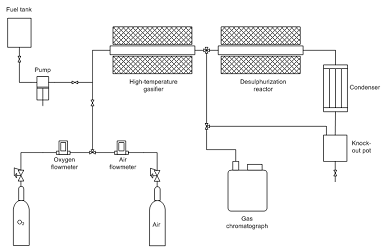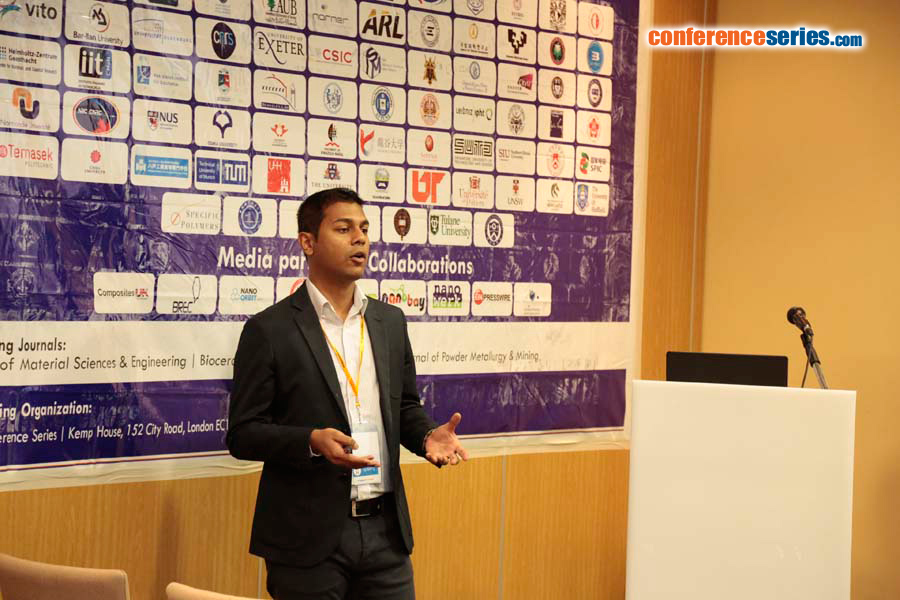
David Lokhat
University of KwaZulu-Natal, South Africa
Title: Highly dispersed zinc based sorbents for hot gas desulphurization: Synthesis and application
Biography
Biography: David Lokhat
Abstract
Most hydrocarbon fuels like petroleum, natural gas and coal contain other elements in small quantities which, after high-temperature processing, are transformed into various impurities. These impurities include compounds of sulphur. Conventional methods of desulphurization involve absorption of the acid component using regenerative solvents moving counter currently with the fuel derived gas in an absorption column. Desulphurization may also be accomplished using solid sorbents such as metal oxides. This study focused on the enhancement of sulphur removal capacity and regeneration characteristics of solid mesoporous zinc-based sorbents through ultrasound assisted dispersion of active components. The investigation attempted to determine if sonication during wet impregnation of the prepared precursor materials would yield a sorbent with highly dispersed metal oxide content and if the improved dispersion would result in enhanced sorbent capabilities. ZnO/SiO2 sorbents using the wet impregnation technique were prepared using a ZnCl2 precursor solution. The efficacy of the prepared sorbents was tested for hot gas desulphurization using a high temperature flow-through apparatus. A synthetic coal gas was used. Experiments were conducted at temperatures of 350-500ºC and space time of 67500 h-1. Breakthrough curves for H2S absorption were constructed from temporal measurements of the H2S concentration in the exit gas stream, using a gas chromatograph equipped with a flame photometric detector. Sonicated sorbents had comparably better desulphurization breakthrough times (on average a 50% increase) than non-sonicated sorbents. It was confirmed that the sorbents prepared via the ultrasonic-assisted impregnation technique had enhanced breakthrough times and saturation capacities.

Speaker Presentations
Speaker PPTs Click Here


